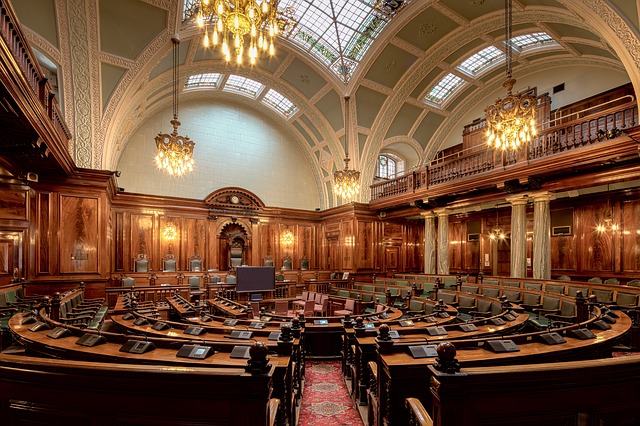Many seniors want to make provisions for the funeral. Burial insurance for seniors that comes with death benefit seems to be the ideal solution. But there are other ways according to experts in finance and insurance.
Funeral Insurance/Burial Insurance – Is it worth it?
The grieving family should not have to pay an expensive funeral, so the thought of many older people. A simple funeral usually costs several thousand euros. This is where the death benefit insurance comes in: the insured pays monthly contributions and the family receives the agreed sum insured in the event of death.
“Some are already depositing death benefit insurance with a funeral home,” according to the head of the consumer protection center responsible for insurance. “The bereaved only have to report there loss and everything else is settled.” A funeral insurance contract works similarly for the undertaker of your choice.
The monthly contribution is individual and depends on various factors. On the one hand, there is the amount of the desired payout and the duration of the deposit, for example, 20 years. The starting age is also crucial. The older you are, the more you pay. “Part is the savings contract and part is the risk contribution. The point is that the full amount is paid out at each time of death,” says scientific director of insurance and law.
Those who are younger and in good health when the contract is signed pay lower contributions. However, senior citizens, in particular, have an eye on death benefit insurance. “It’s a game of fear,” said experts. “Many clubs and associations have cooperations with insurance companies and offer these insurance policies to older people whose data they have.”
Financial Experts do not generally advise against death benefit insurance but recommend alternatives such as saving money yourself. Financial and insurance experts advise younger people to take out life insurance. “If you don’t get life insurance because you are healthy and fit, it’s now that you actually need to take it out,” says Becker-Eiselen.
There are alternatives to death benefit insurance
Especially older people are dealing with the topic of funerals. There are several bereaved families who find a death benefit insurance quite useful “for someone who wants to know that everything is financed for funeral services and who cannot put a larger sum aside in one fell swoop”.
Older people can hardly get life insurance anymore. Young people must also be aware that this has a limited term. “This is the advantage of death benefit insurance: the capital is paid out in any case.” Financial experts further explain that death insurance is unsuitable as an investment. But the security aspect should not be underestimated.
Death benefit insurance, unlike a savings account, may not have to be canceled if you receive reimbursement from the social welfare office in old age. Financial experts still say that death benefit insurance is an easy way to finance a funeral and ease their families from trouble. But really, this could be expensive as opposed to seniors saving their own money for this cause but of course, there are many barriers to saving in the old age.

















 While 12% of Foreign Investments in New Zealand is accounted to Financials allowing easy land purchase and extending financial help such as easy loans to the average working class of the country, 18% of Foreign investments had been accounted to Energy, power, and utilities.
While 12% of Foreign Investments in New Zealand is accounted to Financials allowing easy land purchase and extending financial help such as easy loans to the average working class of the country, 18% of Foreign investments had been accounted to Energy, power, and utilities.
